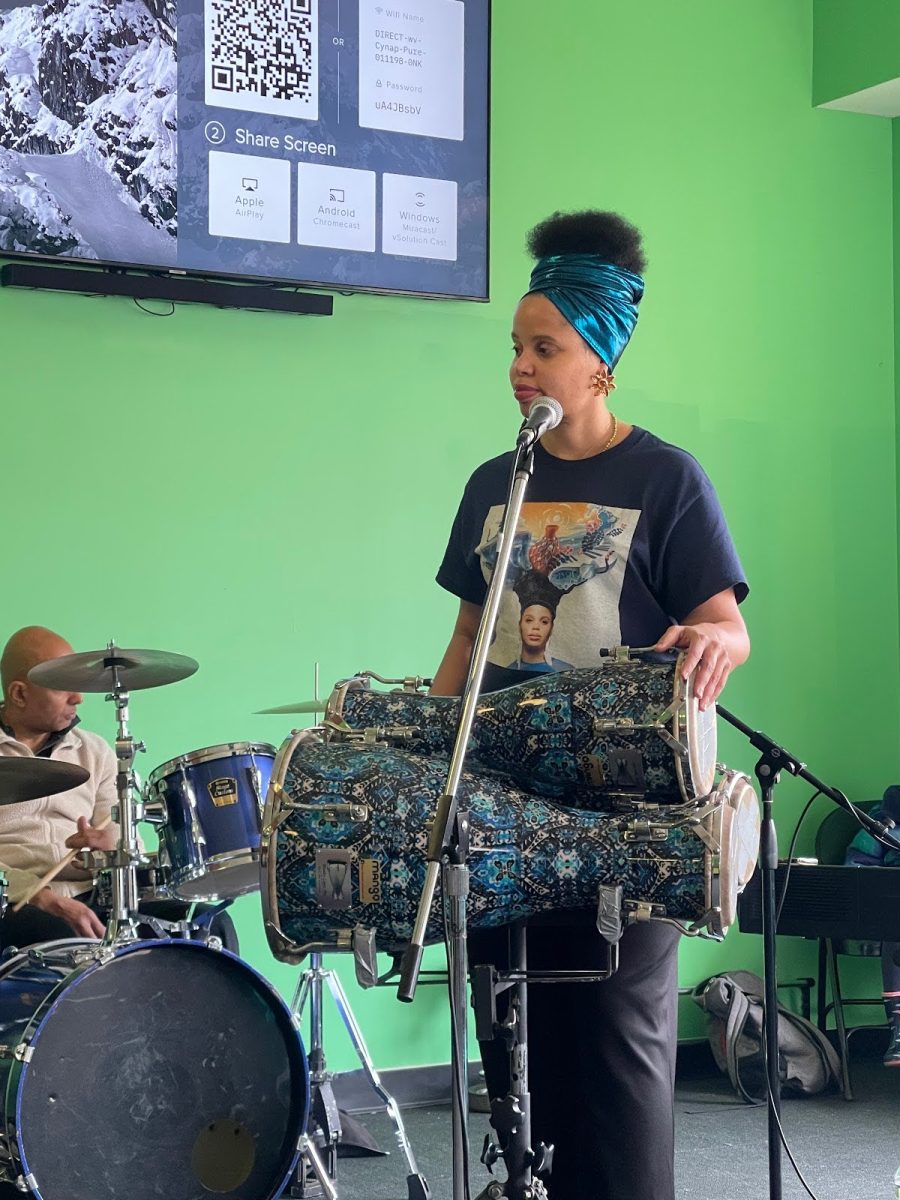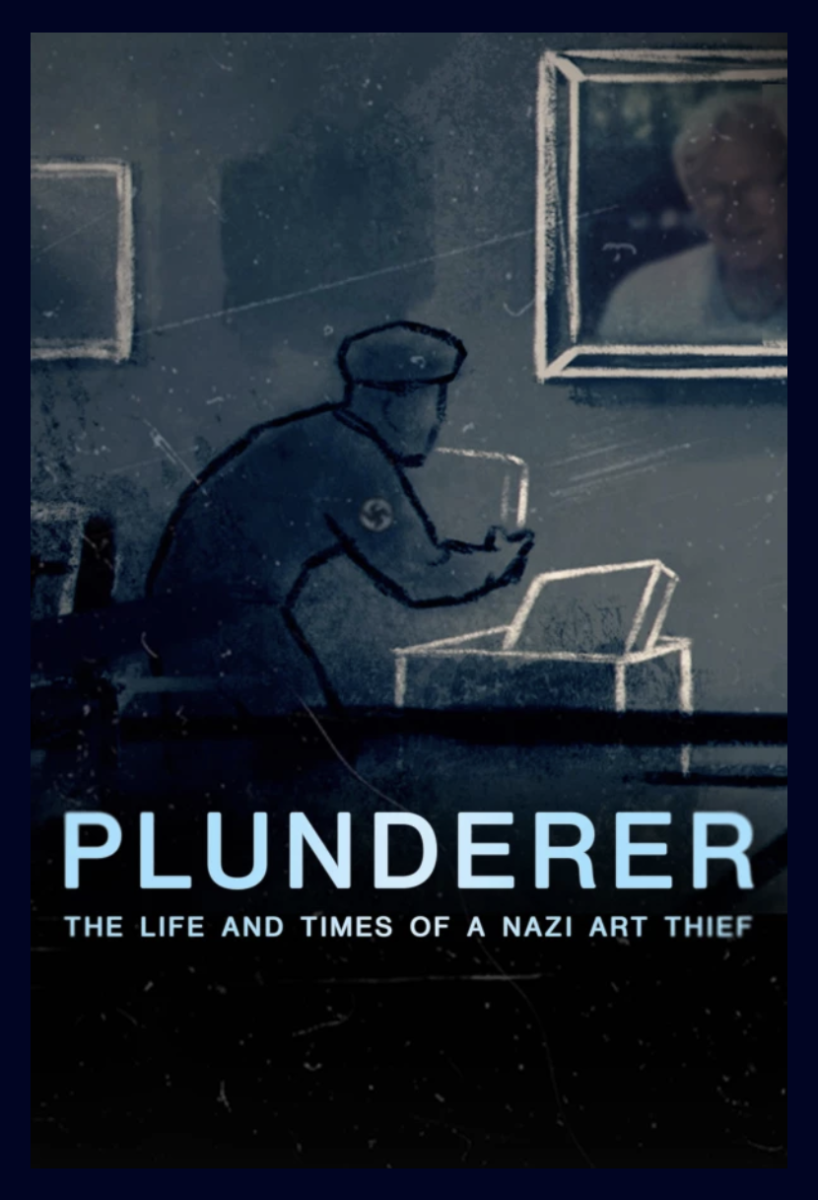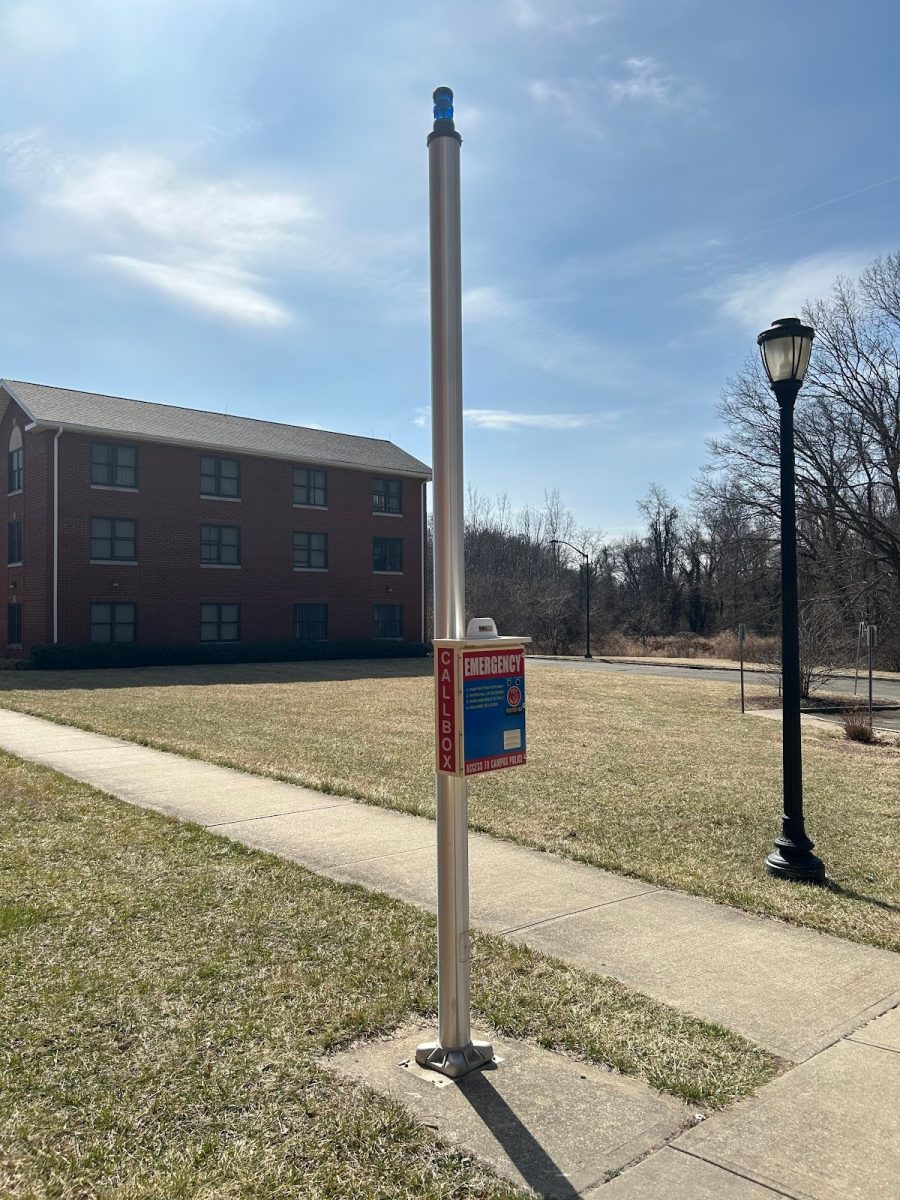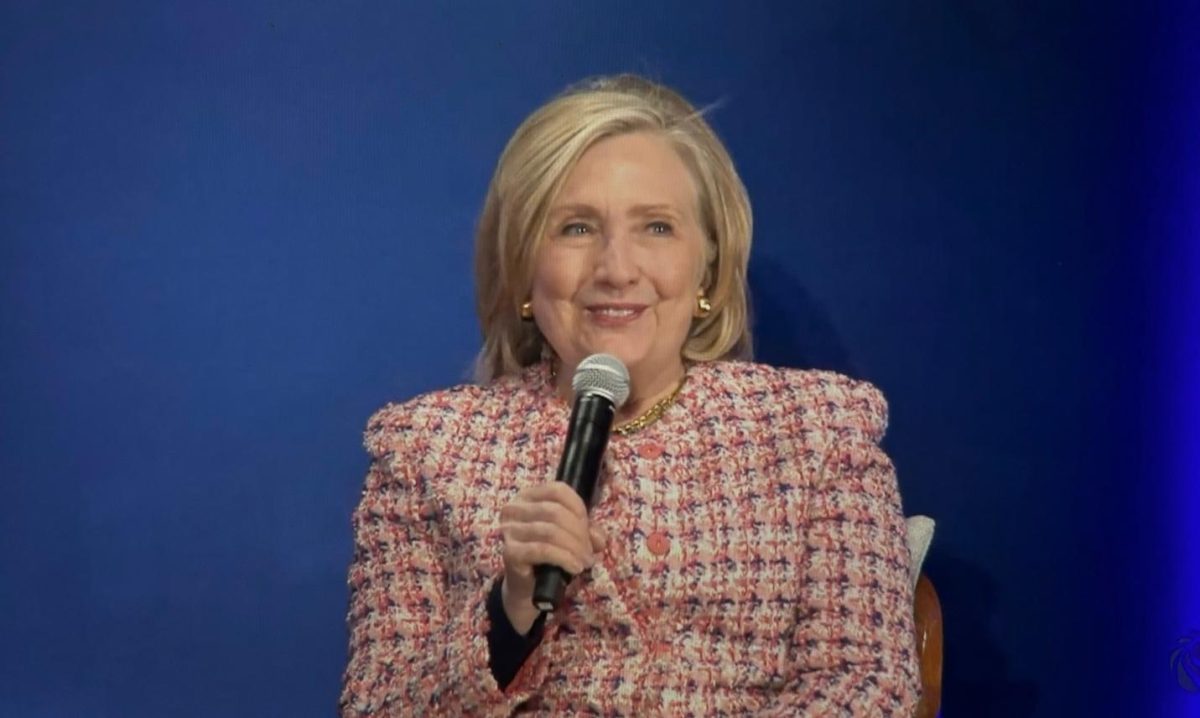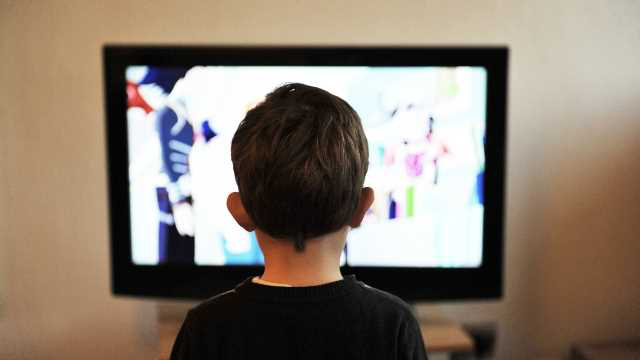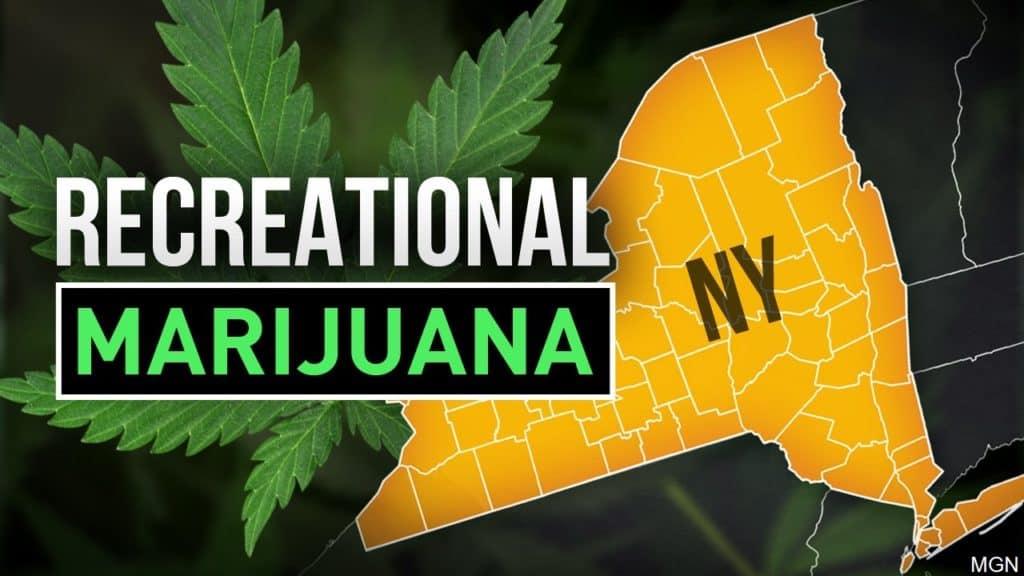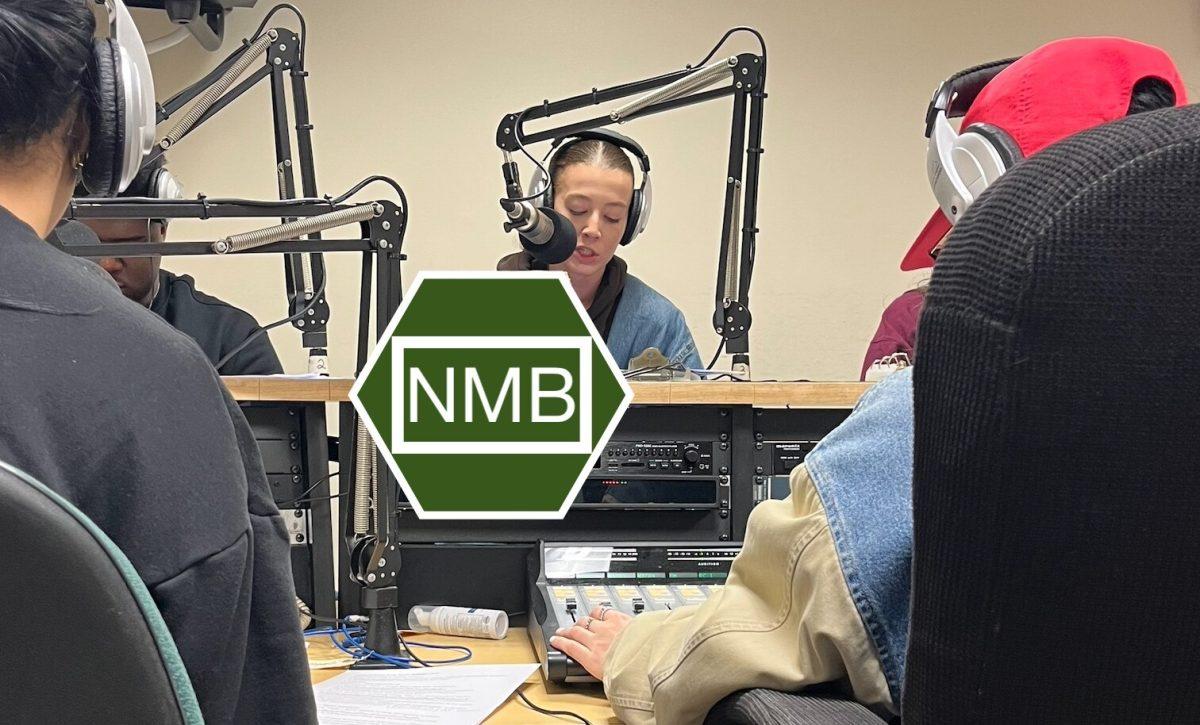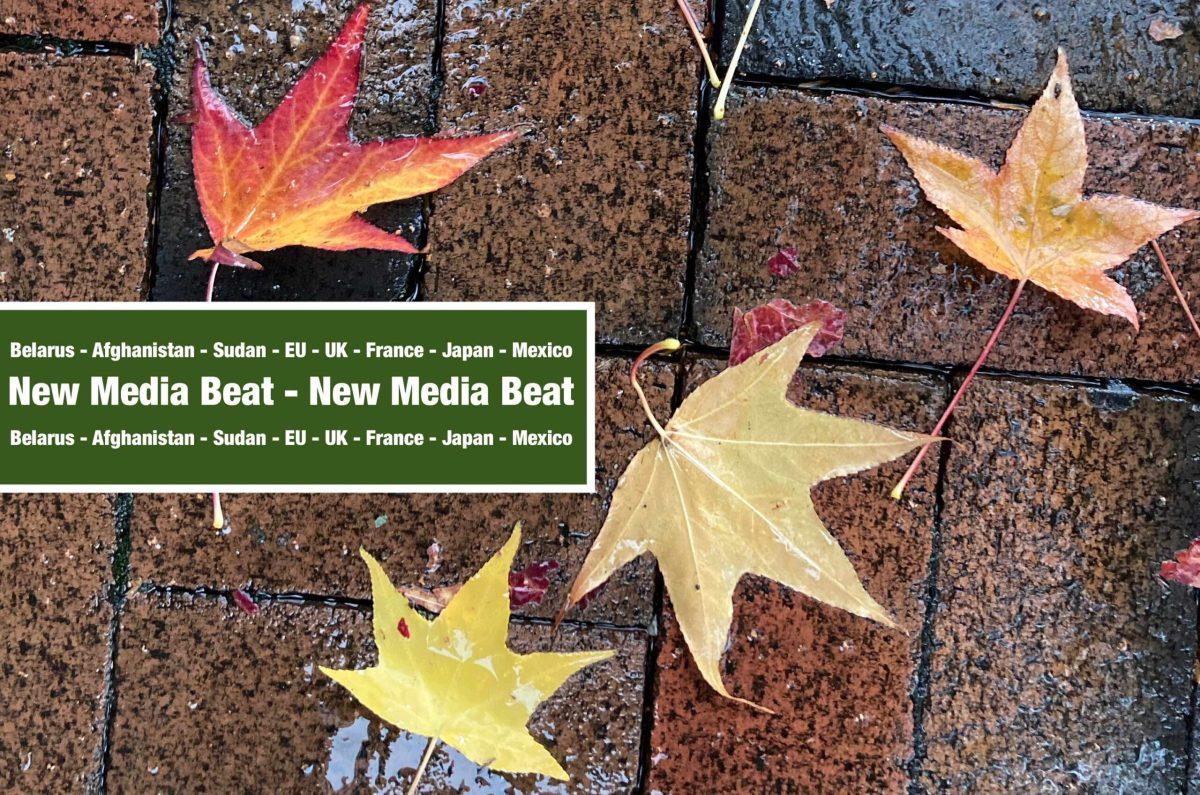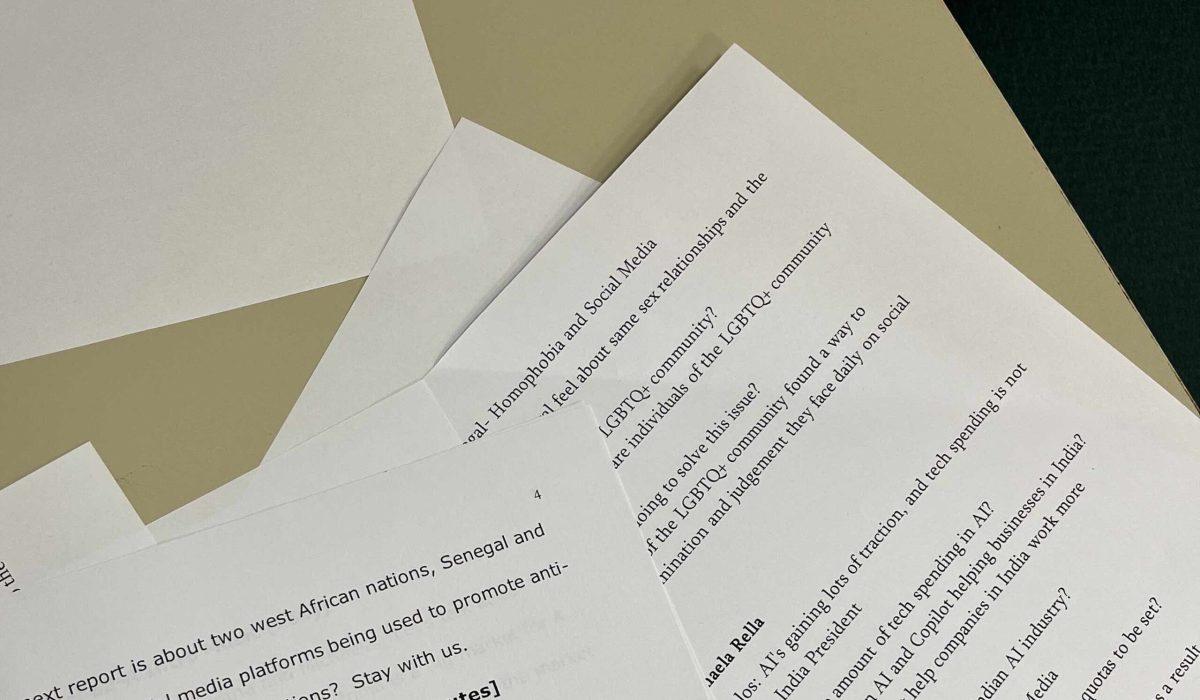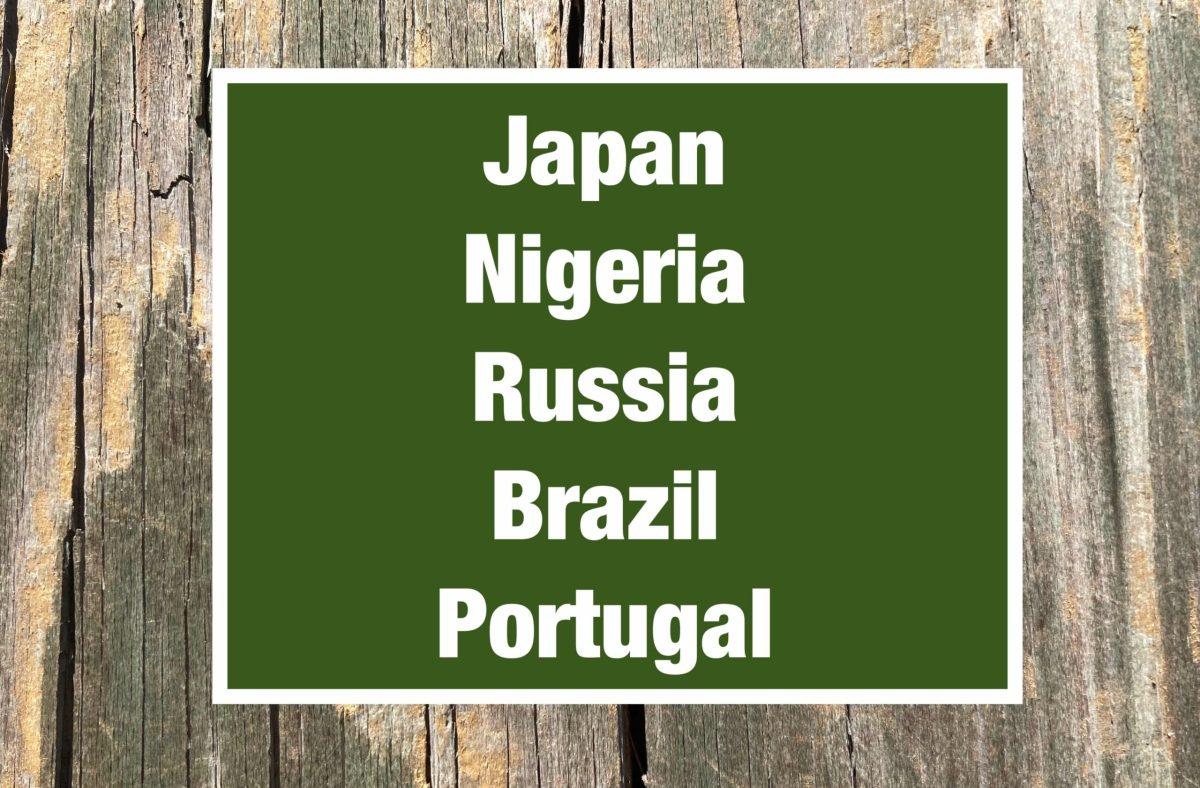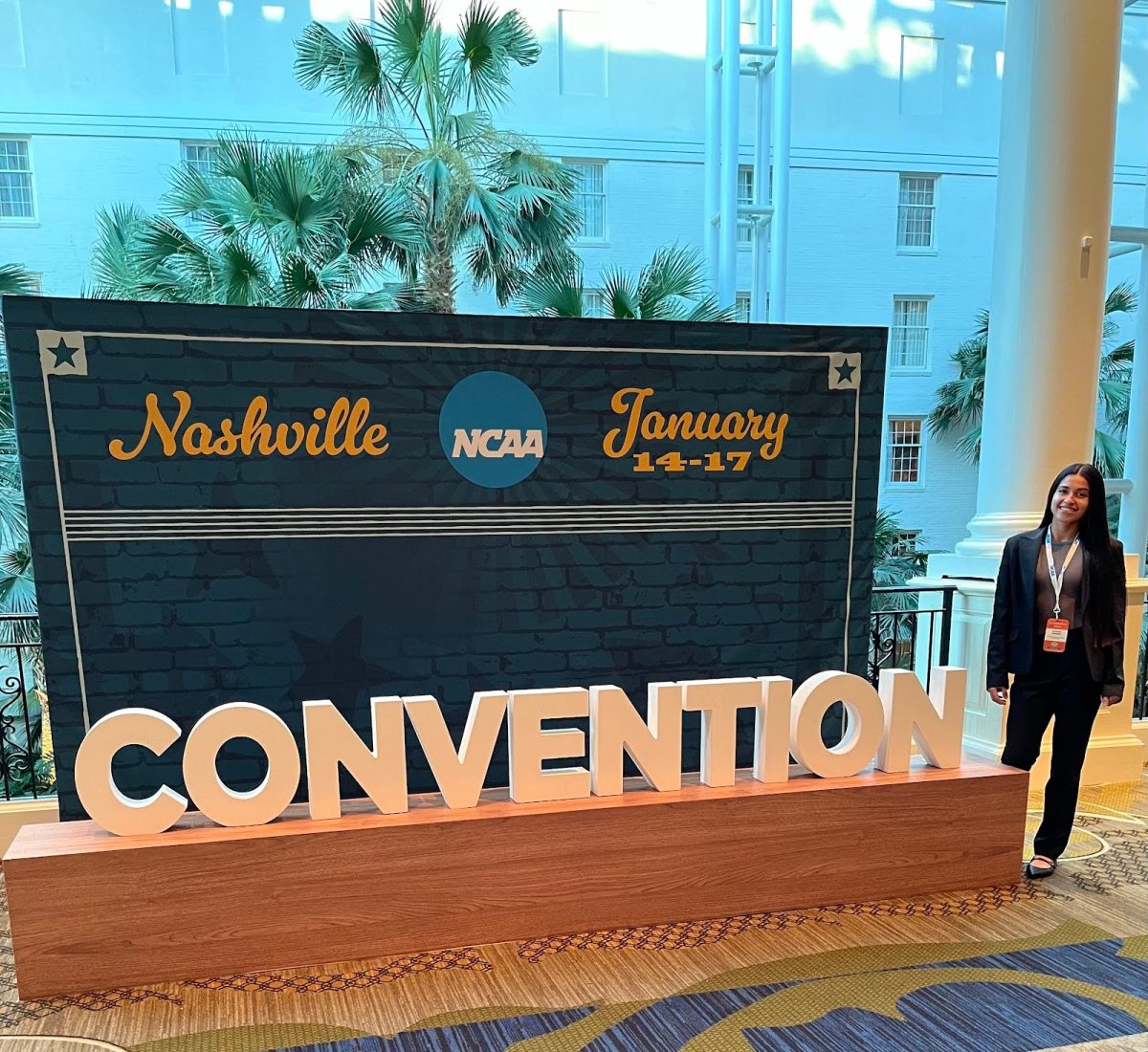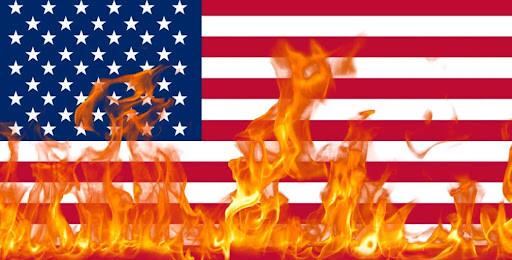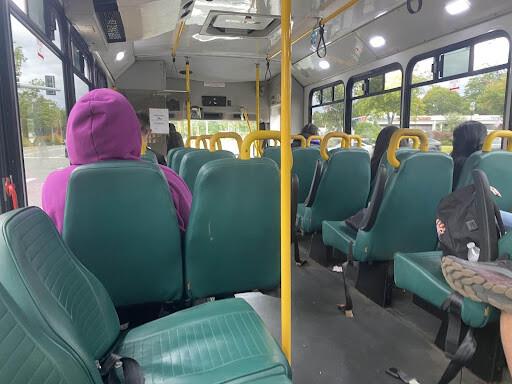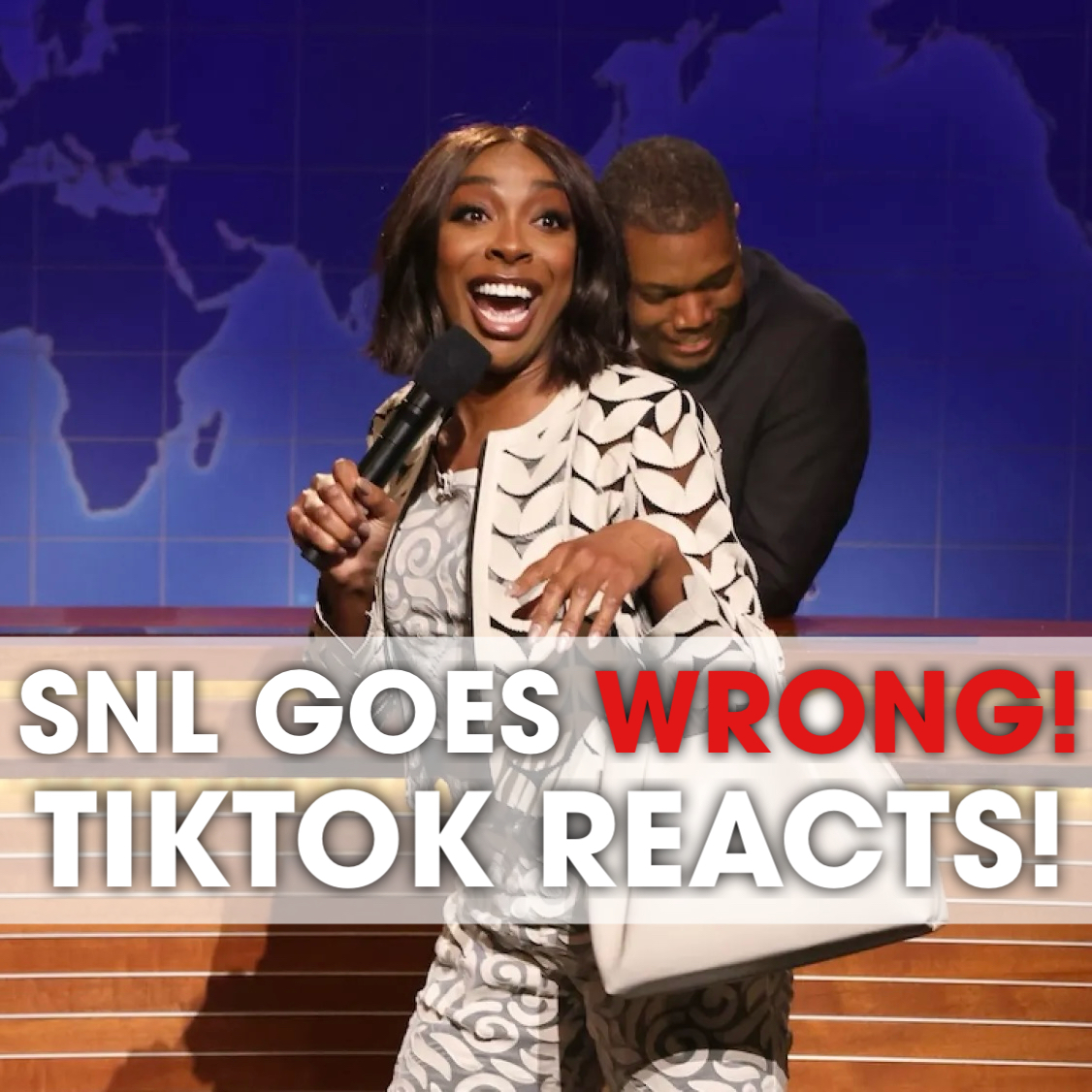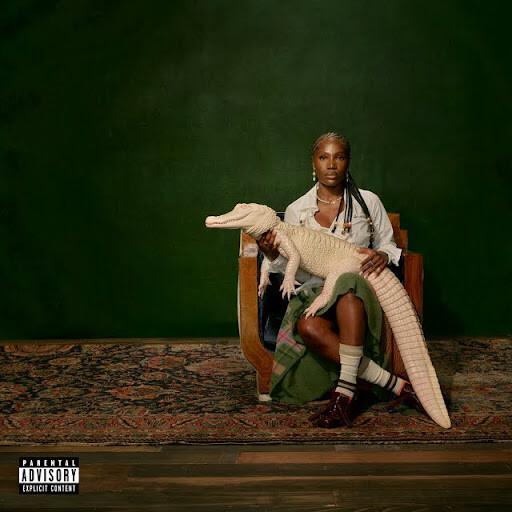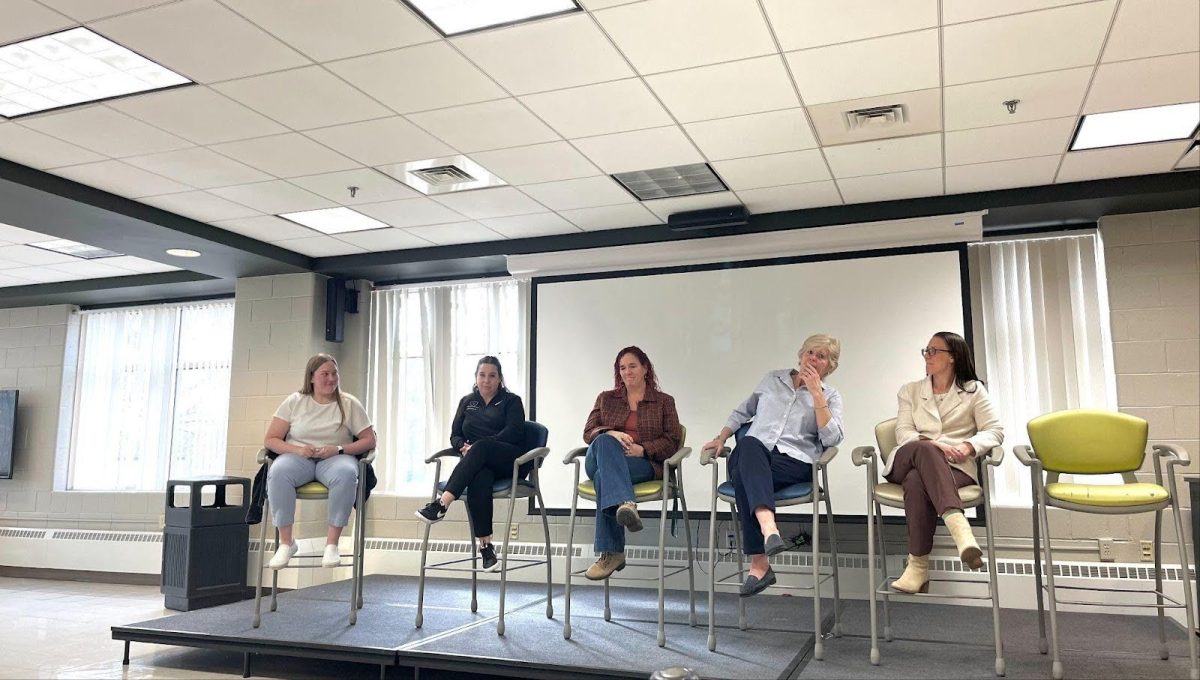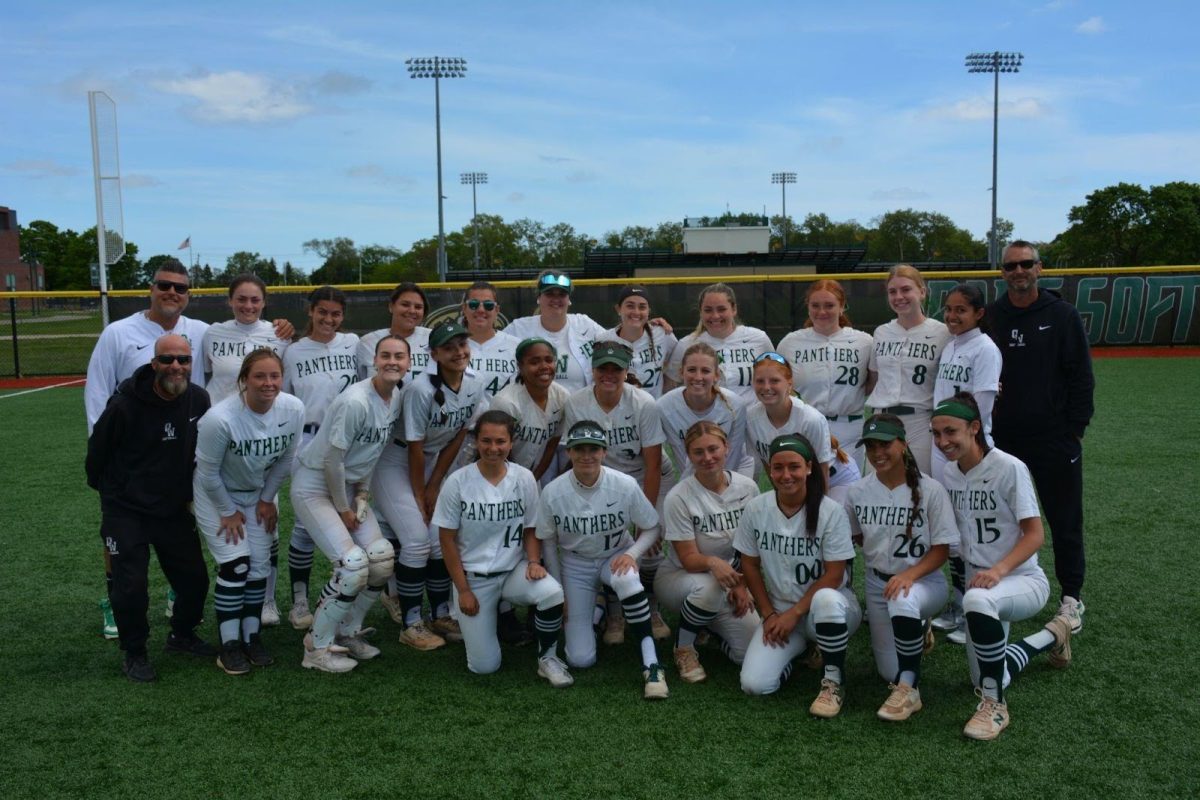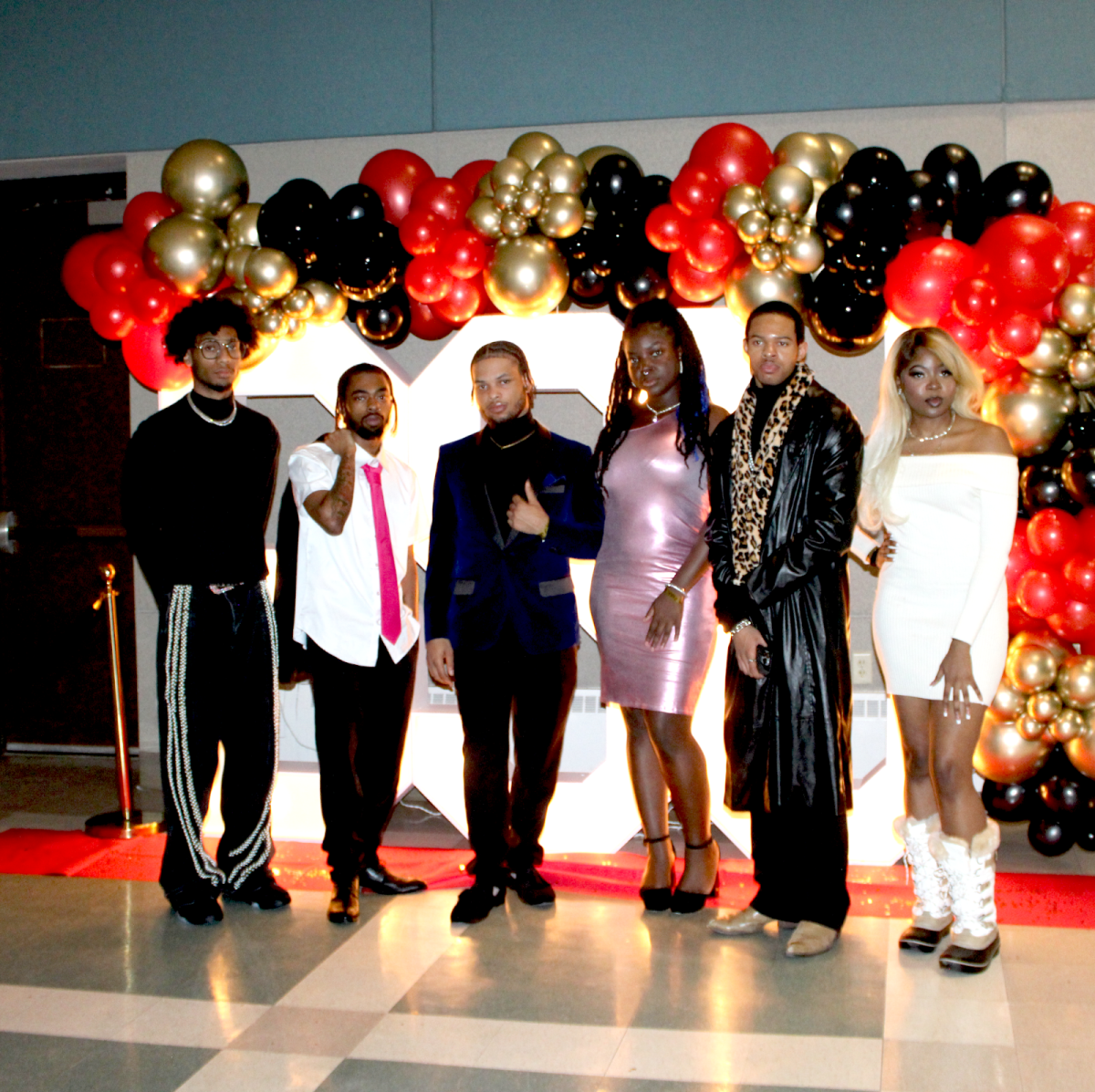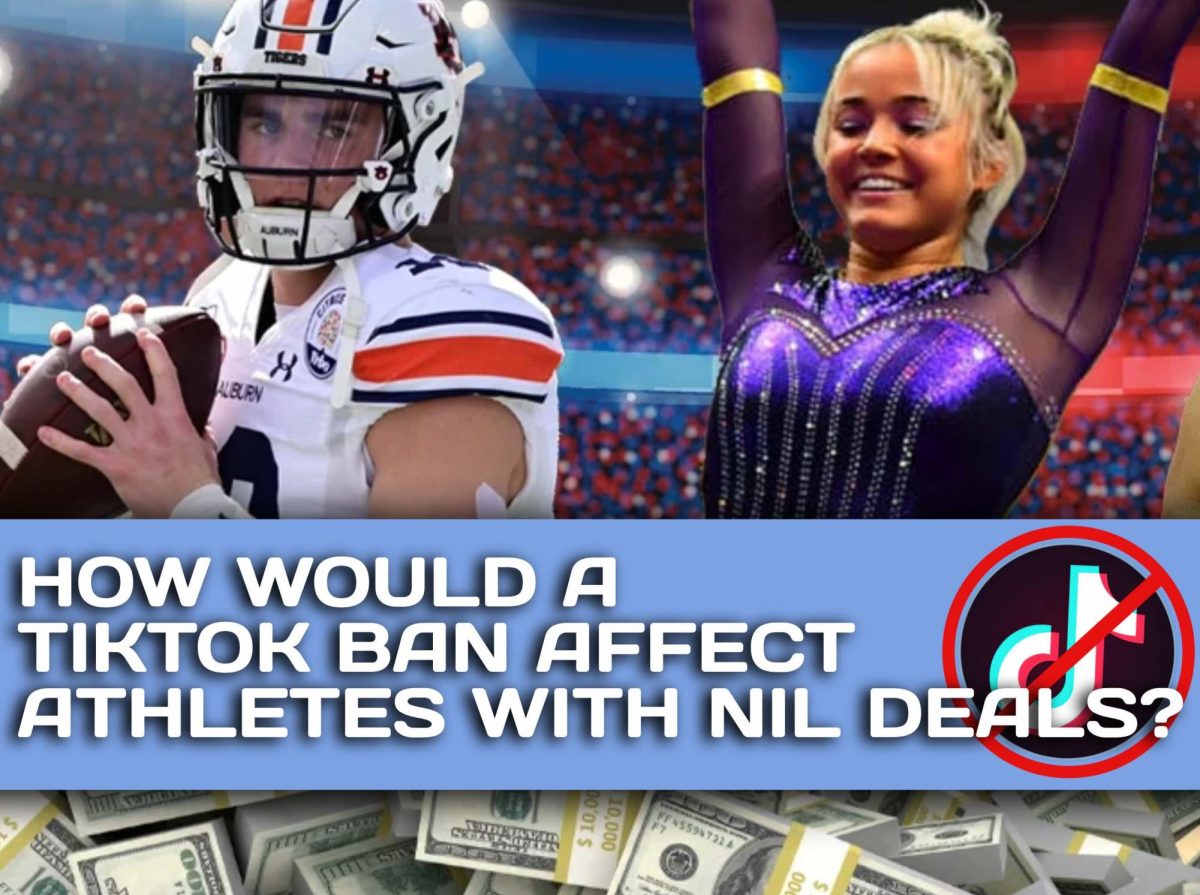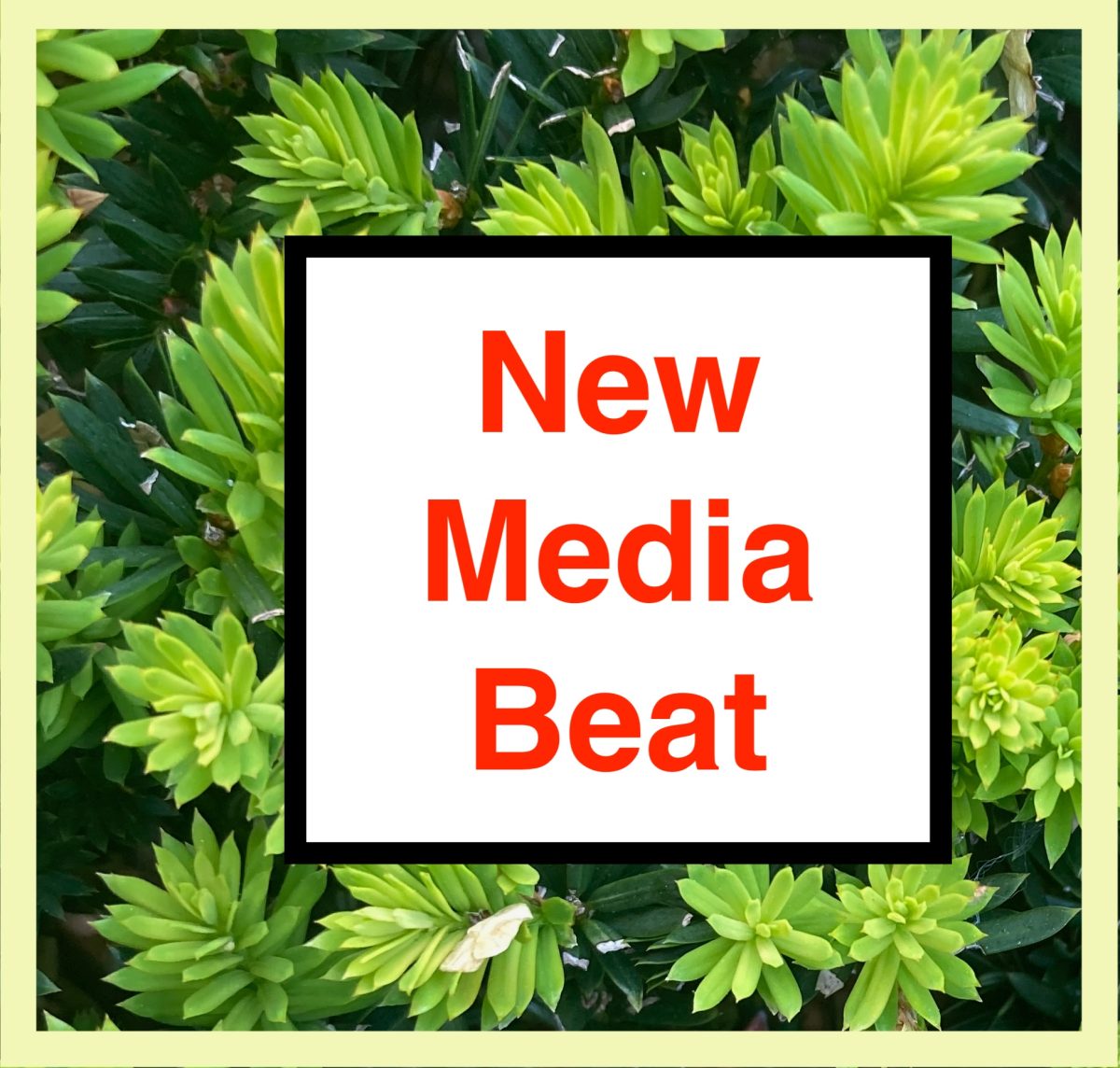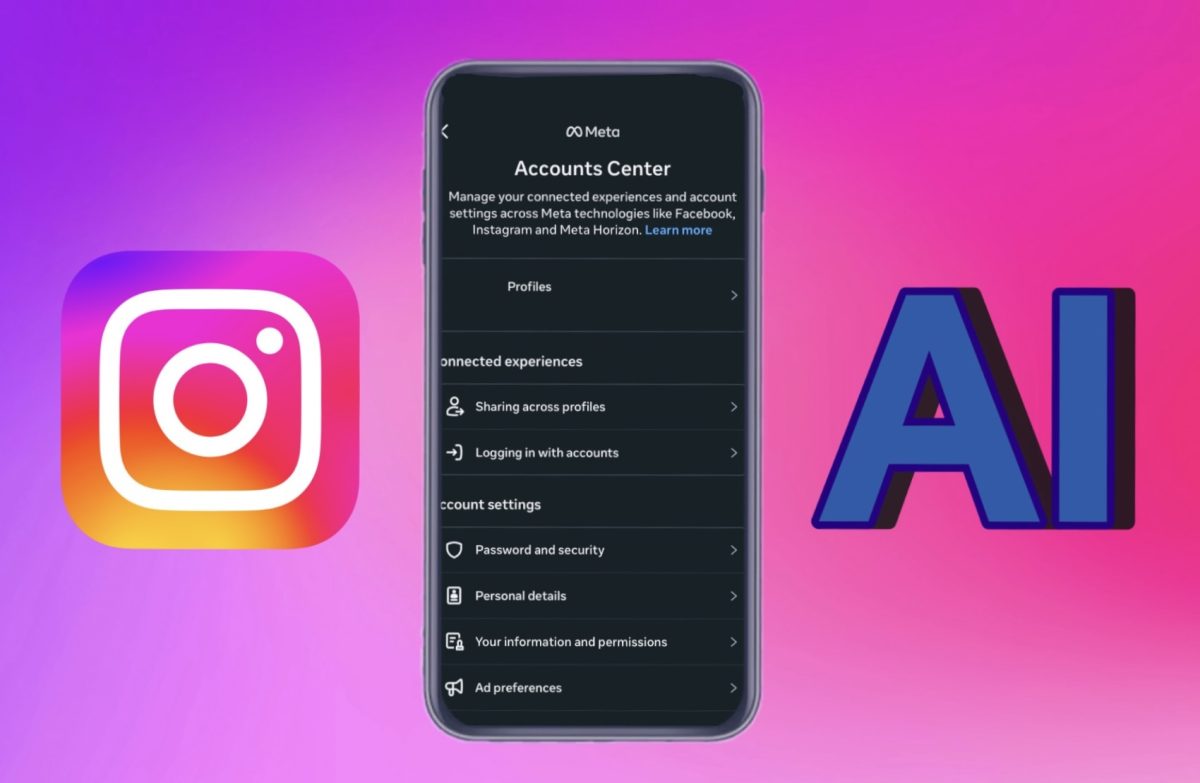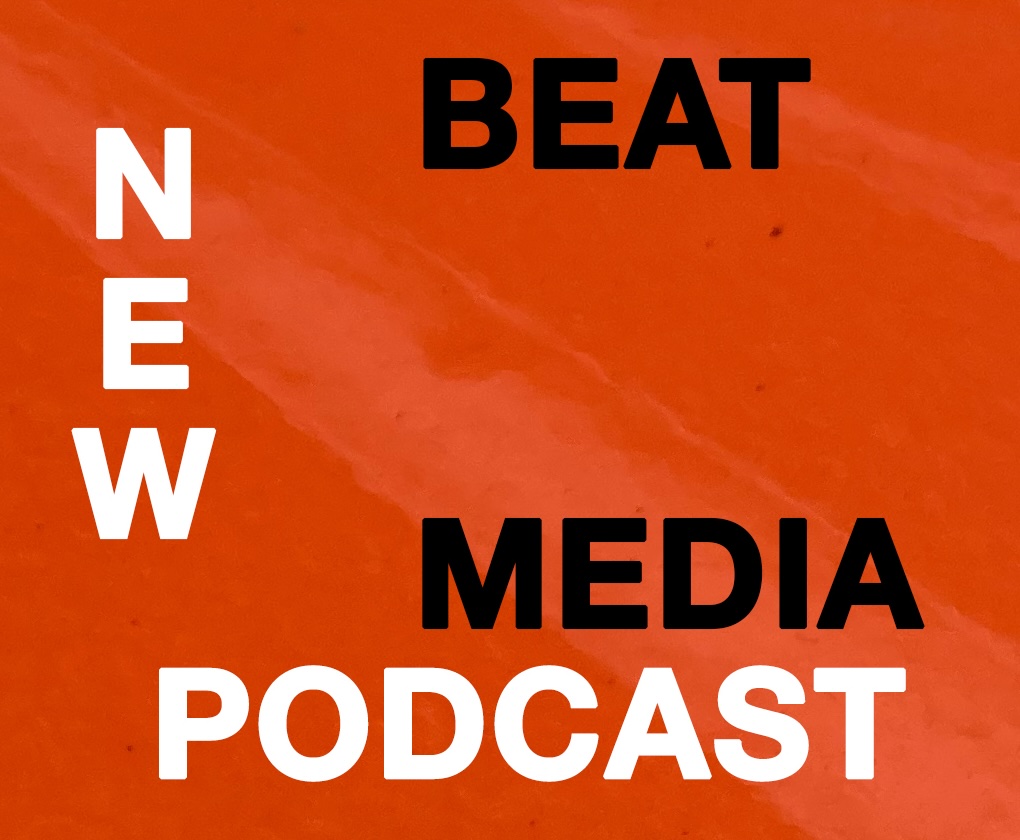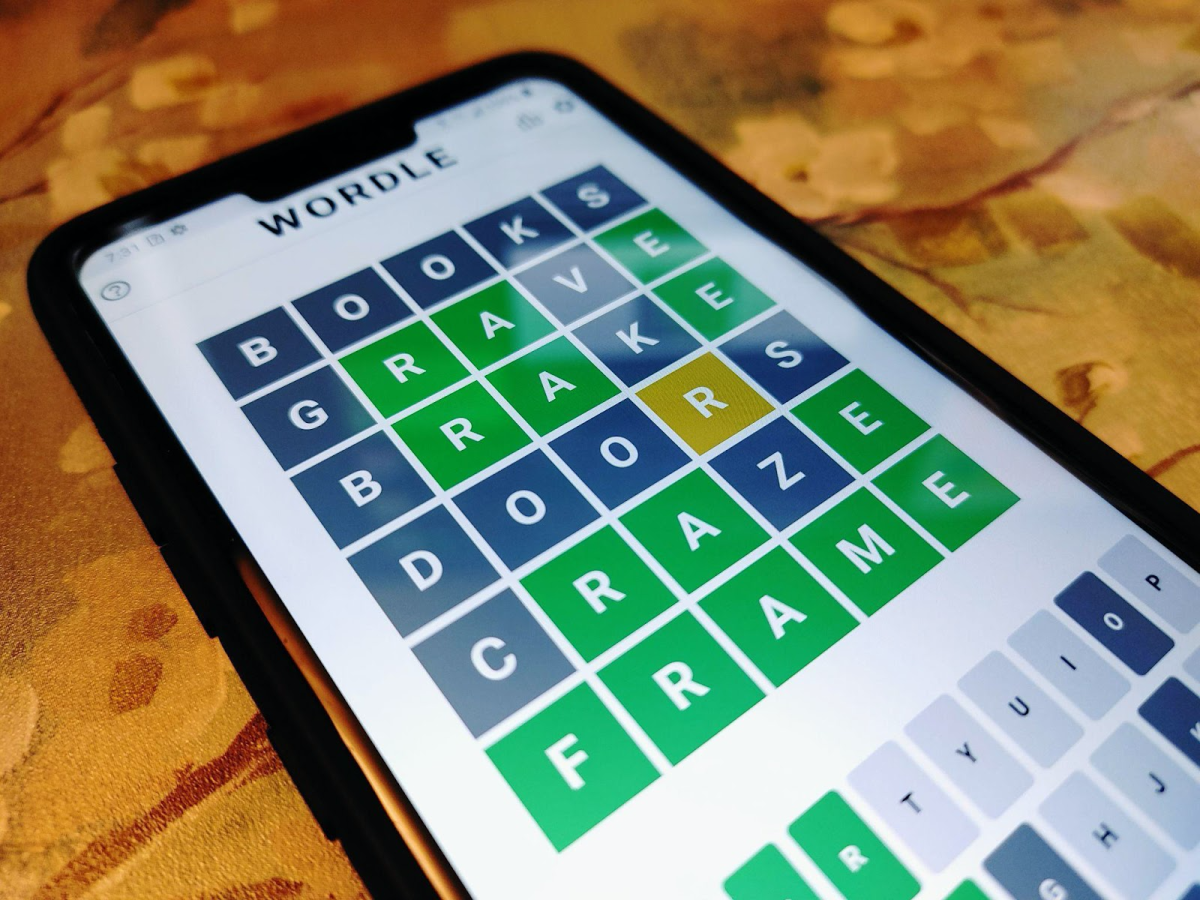
Many trends come and go, much like the ferocious popularity of daily word guessing game, Wordle. However, it’s recent acquisition will only add its stead-fast move to the vault of past pandemic passions.
The fan-favorite daily word guessing game named Wordle was purchased by The New York Times from creator Josh Wardle, a software engineer and resident of Brooklyn, for an amount “in the low seven figures,” according to the New York Times itself. This price is of no shock to me, considering the games immense success.
This led to an uproar from loyal players due to the potential for the game to turn from free to paid usage. However, it feels like the hype for the game has already begun to decline. Less players are returning daily or at all and others have voiced their concerns and complaints about possible paid play. I find myself playing less frequently as the hype begins to die down.
But what exactly is Wordle? It became available for public use in October of 2021 and exploded in popularity within months. Every twenty-four hours, players get six chances to guess the word of the day. The goal is to properly guess a five-letter word, each chance getting its own row starting from the top. Green tiles means the correct letter is in the correct spot, Yellow means correct letter but wrong spot, and Gray means wrong letter and wrong spot. These concepts took me much longer to learn than I had expected, and the possible word choices continue to overwhelm me.
Times staff writer Becca Foley shared a private message she received on her Twitter account, “I know you wield relatively little power in this situation, but if I have to pay for Wordle so help me God.”
When asked about her stance on the issue, Foley herself stated, “I see just how frustrated players are to have the possible sudden shift to pay-to-play, but it isn’t something I have the place to really comment on.”
Wardle released a statement on his personal Twitter account on January 31,
Even with Wardle’s reassurance that the game would remain free, there is still a very real possibility that the game will require payment for usage if the Times decides to change its mind. They adopted the paywall method on their website in 2011 and offer monthly or yearly subscription plans, creating a digital business. This has made their content inaccessible to many. I’m not going to pay $4 a month to read an article every so often when I could be putting that money towards something more personally useful, such as food or transportation.
As an infrequent player myself, a paywall wouldn’t exactly stop me from playing, yet it would make an already slightly confusing game less desirable. Being a low-income college student, I would much rather save my money for something else than spending it on a simple game created by one man in his free time.
Twitter user @mcmansionhell tweeted, “I have never seen Twitter as immediately mad as it is about the NYT Wordle buyout. The NYT took one nice and simple thing that a lot of people really liked, a dumb bit of fun in our exhaustingly dark times, and implied that they’ll stick it behind a paywall.”
Maybe it is a good thing that Wordle is losing popularity, as the game itself seems fairly simple but confuses me to a large extent. Not guessing correctly or getting too many yellow or gray squares can leave players wanting and maybe even feeling lesser than their counterparts who guessed correctly in fewer turns.
Intelligence is only a part of the game, and having a large vocabulary is helpful, but the rest is pure luck of which I seem to be lacking as I have only won a handful of games so far. Maybe my vocabulary is not as expansive as I once believed.
Frequent user Johan Firres stated, “Unless it costs like $20 a month or something crazy, I wouldn’t mind. I love Wordle and stay up till midnight every day to guess the new word, the pay off would be worth it for me.”
Viral trends disappear nearly as quickly as they appear, which is the ultimate destination for Wordle. There is no doubt that the indeterminate subscription cost will only help the fiery obsession burn out quicker. For as long as it lasted, the magic of this game’s community created a small sense of social interconnection and fun. The player community is what helped make Wordle worth something in the first place.
Will the cost justify this loss of meaning and accessibility? We will have to see, but I don’t think so.
Wordle can be played free (for now) at the following website: www.powerlanguage.co.uk/wordle/ , not via mobile app.

